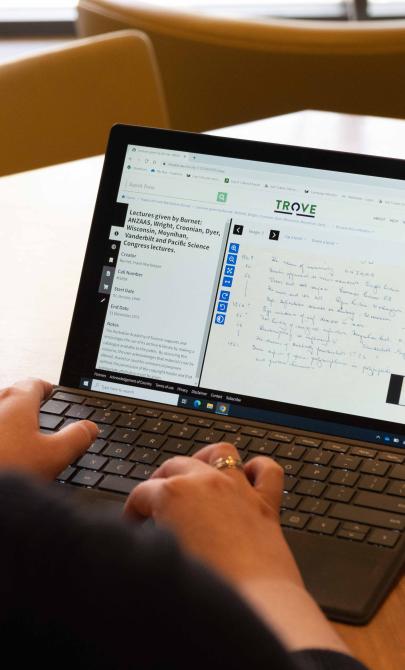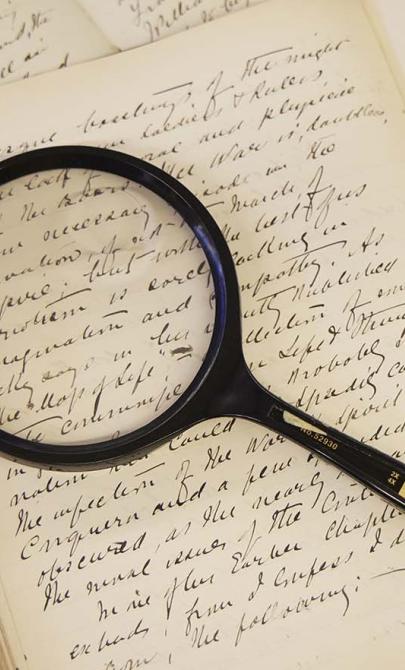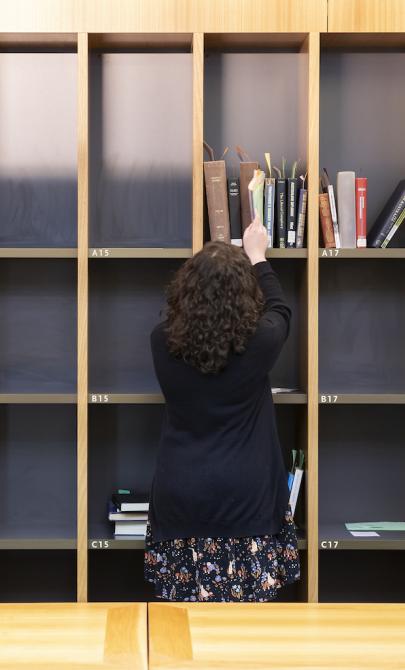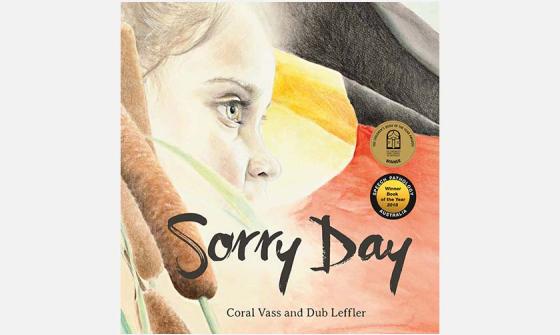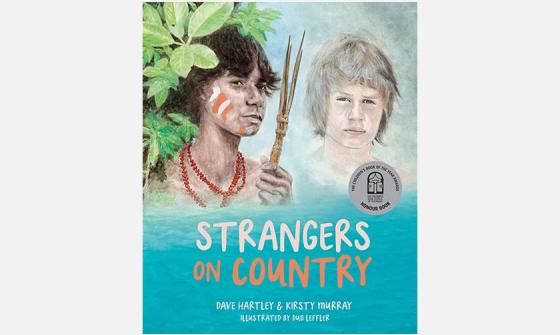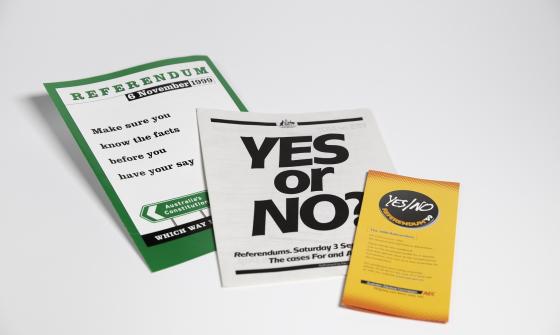Read Collection
Key items in the collection
Highlights from this collection demonstrate its historical significance and variety.
In 1988-89, while writing the biography of Aboriginal activist and public servant Charles Perkins (1936-2000), Read recorded 42 interviews (111 reels). These interviews cover Perkins' childhood, his soccer career, the 1965 "freedom ride" in western New South Wales, and his roles as Chair of the Aboriginal Development Commission (1981-84) and Secretary of the Department of Aboriginal Affairs (1984-88). The collection includes interviews with Perkins and notable figures such as Shirley Andrews, Gordon Briscoe, Bob Collins, and Don Dunstan.
In 1989, Perkins proposed the "Mental Maps" project to explore how people form mental maps, the impact of migration, the loss of important sites, and the connection between events and land. The project only progressed to a pilot stage, consisting of 12 interviews (69 reels) with individuals living near Canberra.
The "Seven Years On" project, starting in 1995, focuses on emerging Aboriginal leaders. Read and Jackie Huggins conducted interviews with 77 individuals from various fields, including archaeologists, broadcasters, dancers, filmmakers, historians, and social workers. After seven years, 50 participants who were first interviewed between 1995 and 2001 recorded follow-up interviews. Notable figures include Larissa Behrendt, Anita Heiss, and Ricky Maynard.
The Council for Aboriginal Reconciliation project, begun in 2005, is another collaboration between Read and Huggins. They have recorded interviews with ten former Council members, including Rick Farley, Mary Graham, and Sir Gustav Nossall. The Council was established in 1991 to promote reconciliation between Aboriginal and non-Aboriginal Australians.
The papers of Peter Read, which date from 1973-98, mostly relate to 3 of his books:
- Charles Perkins; a biography (1990)
- Long time, olden time: Aboriginal accounts of Northern Territory history (with Jay Read, 1991)
- Returning to nothing; the meaning of lost places (1996)
They include early and final drafts, readers’ comments, photographs, correspondence, reviews and newspaper cuttings.
Other works
Other works include:
- A hundred years war: the Wiradjuri people and the state (1988)
- A rape of the soul so profound; the return of the stolen generations (1999)
- Belonging; Australians, place and Aboriginal ownership (2000)
- Haunted earth (2003)
He also edited Aboriginal History in 1989-90.
About Peter Read
Early life and education
Peter Read (b. 1945) was born in Sydney and educated at Knox Grammar School, the Australian National University, the University of Toronto, and the University of Bristol. He worked as a schoolteacher in Canberra and London before serving as a curriculum research officer in the Northern Territory Department of Education from 1976 to 1978.
Academic career
After earning his doctorate in 1984, Read held various teaching and research positions at the Australian National University's Faculties and Research School of Social Sciences. He gained a professorship in 2002 and served as Deputy Director at the National Centre for Indigenous Studies from 2005 to 2006. Currently, he is a Research Professor in the Department of History at the University of Sydney. He was elected a Fellow of the Academy of the Social Sciences in Australia in 2003.
Advocacy and historical research
In 1980, Read co-founded Link-Up with Coral Edwards, an organisation dedicated to reuniting Aboriginal people separated from their families by State wardship and adoption. He is credited as the first historian to use the term "Stolen Generations" in his 1982 paper, The stolen generations: the removal of Aboriginal children in New South Wales 1883 to 1969. His historical research often involved working in government archives, but he also valued meeting with the people represented in the records. Read has been using oral sources since 1977, when he and his wife, Jay Read, collected Aboriginal accounts of Northern Territory history. He once stated, "I’ve always been a historian who carries a tape recorder wherever I go," emphasising the importance of speaking directly with communities to understand their experiences.
Background to the collection
In 1989, Peter Read donated his oral history collection on Charles Perkins to the Library, followed by the 'Mental Maps' collection in 1991. The 'Seven Years On' project began in 1995, with the Library providing financial and technical support. Read has continued to donate recordings each year since. He also donated his manuscripts and papers to the Library in 1991, 1994, and 1998 through the Taxation Incentives for the Arts Scheme.
The Peter Read oral historiesare held in the Oral History Collection. They have been catalogued individually. Many of the recordings are held under restricted access. they include:
The papers of Peter Read are held in the Manuscripts Collection at MS 8430. They occupy ten boxes. Parts of the collection are restricted. Use the nine-page finding aid.
The Australian Institute of Aboriginal and Torres Strait Islander Studies (AIATSIS) has a large collection of oral history interviews by Peter Read, recorded in the Northern Territory and New South Wales between 1975 and 1988. The AIATSIS Library also holds photographs collected by Read.
This guide was prepared using these references:
- Ruth Nicholls, The potentialities of oral history: the ‘Seven Years On’ project’, National Library of Australia News, vol. 13 (9), June 2003, pp. 12-14
- Ian Warden, Pain of losing places, people, Canberra Times, 16 April 2000, p. 11
